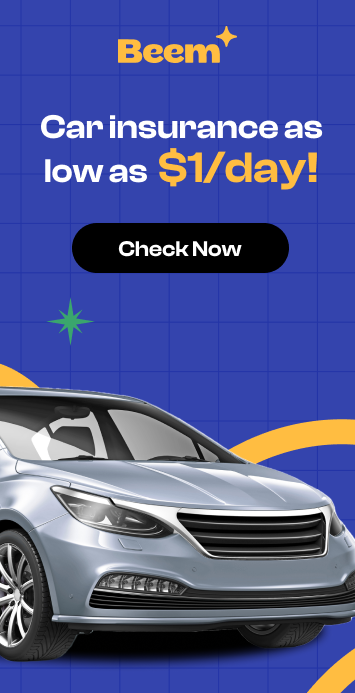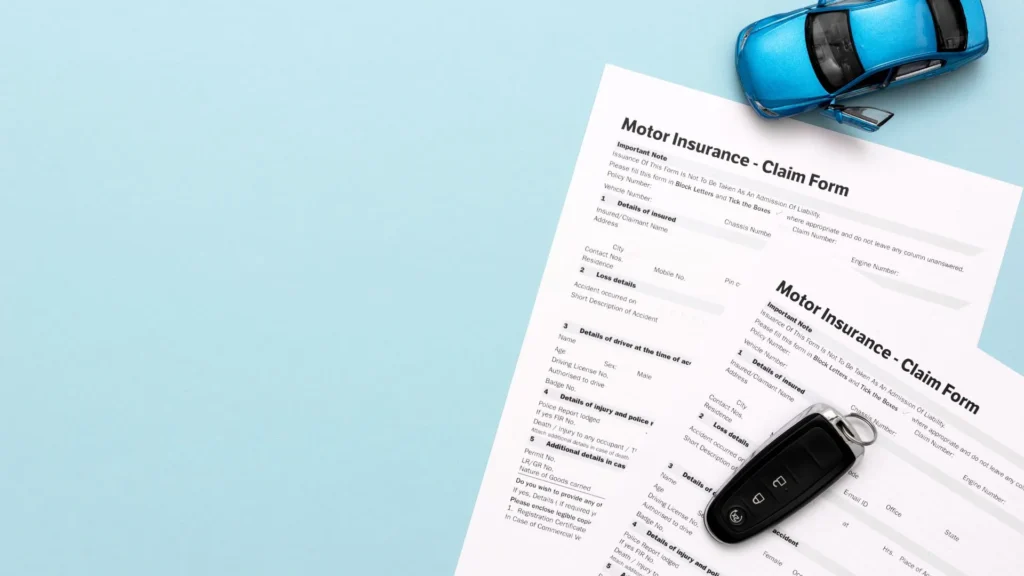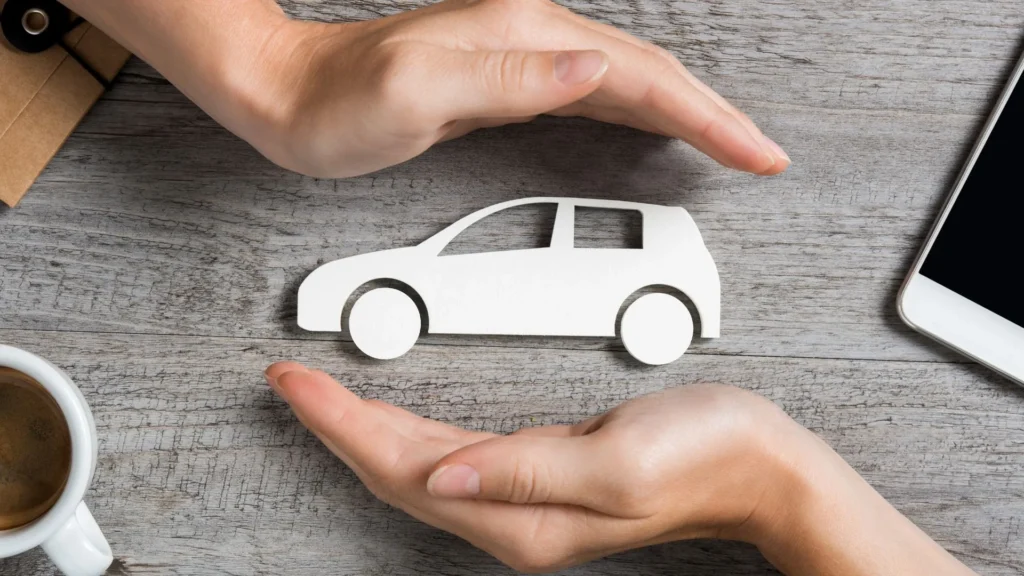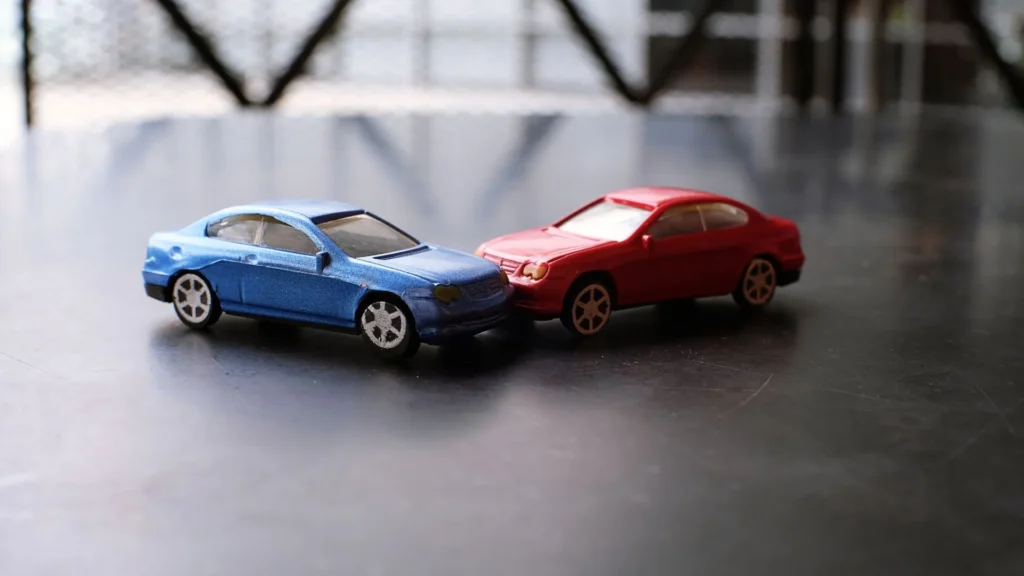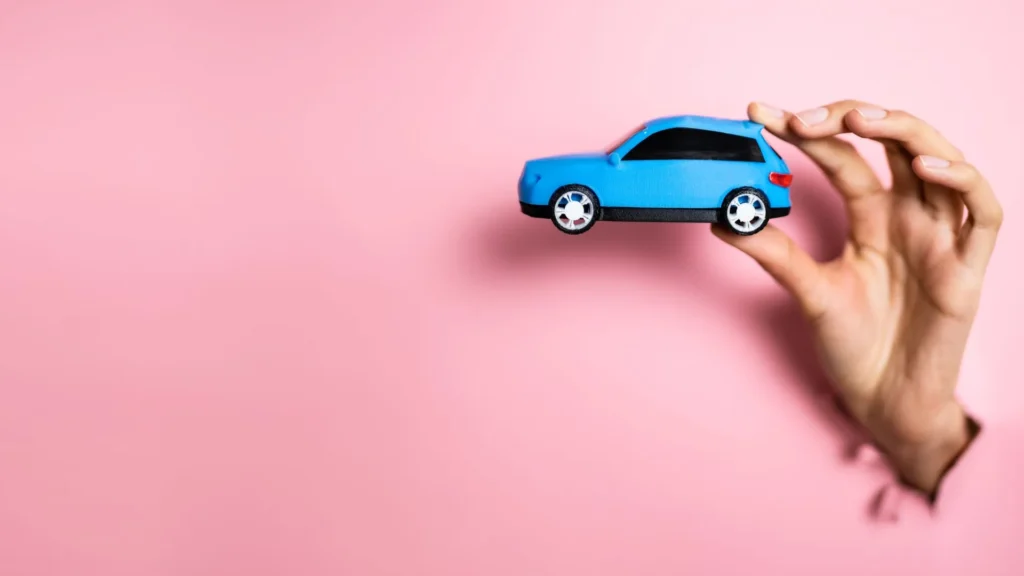Does car insurance cover non-accident repairs? Generally, car insurance policies cover accidental damages to the car, but coverage for a non-accident repair depends upon your insurance plan. Comprehensive or “other than collision” coverage can cover non-accident repairs.
Comprehensive coverage insurance covers damages typically caused by natural calamities, theft and flat tires. Your car insurance company may pay for the repairs if an unexpected crash damages your car.
But your insurance will not help with those costs if your car wears out from regular use, gets old or has general engine problems. Use Beem to find the best car insurance quotes that can help you make the right choice.
People Also Read – Is a Non-Custodial Parent Responsible for Car Insurance?
What Are Non-Accident Repairs?
Non-accident repairs are damages caused by not colliding with any other body, be it a human, an animal, or a collision with a vehicle. These events are called “non-accident damages”. These events include situations where car damage was caused by:
- Natural disasters
- Fire or explosion
- Theft
- Vandalism
- Animals crossing the road
- Falling objects or objects left on the road
- Protests or riots
- Other natural causes, such as hail, falling trees, or rocks
Also Read: Does Insurance Cover Car Seat Replacement After Accident?
What is Comprehensive Coverage, and Does it Cover Non-Accident Repairs?
Comprehensive coverage covers most property damage cases that do not involve collisions. It is also commonly known as “other than collision” coverage. Comprehensive insurance covers all of the damages caused by non-accidental situations. For example, if a car is stolen or has a flat tire.
Also Read: Does Car Insurance Follow the Car or the Driver
Are There Specific Types of Insurance That Cover Non-accident Repairs?
Comprehensive insurance coverage is well-known among car owners. This type of car insurance handles repairs for situations without accidents or collisions, like a flat tire, theft or natural disasters. So, if you ever get into a non-accident situation, this insurance has you covered.
Also Read: Does Car Insurance Cover DUI Accidents?
How Do I Know if I Have Comprehensive Coverage?
Check your car insurance policy to find out if you have comprehensive coverage. You likely have comprehensive coverage if your insurance policy covers non-accident situations like theft, natural disasters, or a cracked windshield.
Look for terms like “other than collision” in the coverage details. You can also contact your insurance provider and ask them directly.
Also Read: Does Car Insurance Cover Fire Damage?
Does Standard Car Insurance Cover Non-Accident Repairs?
Standard car insurance does not cover non-accident repairs. It mainly focuses on accidents and repairs. To get non-accident repair, you must get an additional coverage plan provided by a comprehensive insurance plan. Contact your insurer and review your plan and policy offers.
Also Read: Does Getting Your Car Towed Affect Your Insurance?
How Can I Minimize the Cost of Non-Accident Repairs?
Maintain your car regularly and preventively to minimize the cost of non-accident repairs. Avoid harsh breaks and aggressive acceleration, and drive smoothly.
Check your insurance coverage thoroughly to ensure you have accurate protection for non-accident repairs without unnecessary expenses. These small steps will help you reduce the cost of non-accident repairs and save money in the long run.
Also Read: Does Getting Your Car Towed Affect Your Insurance?
Conclusion
Car insurance helps you cover most of the damages caused to your car by accidents or unexpected situations.
Car insurance does not always cover your non-accident damages, which might cause you to pay for a long time. But don’t worry, because comprehensive insurance has you covered. Check and review your car insurance plan now to ensure your policy includes comprehensive insurance , see more on gap insurance
This will help you save money and the cost of repairs caused by non-accident or “other than collision” situations. Auto insurance with Beem covers damage to your vehicle, other vehicles or property and injuries to yourself or others.



